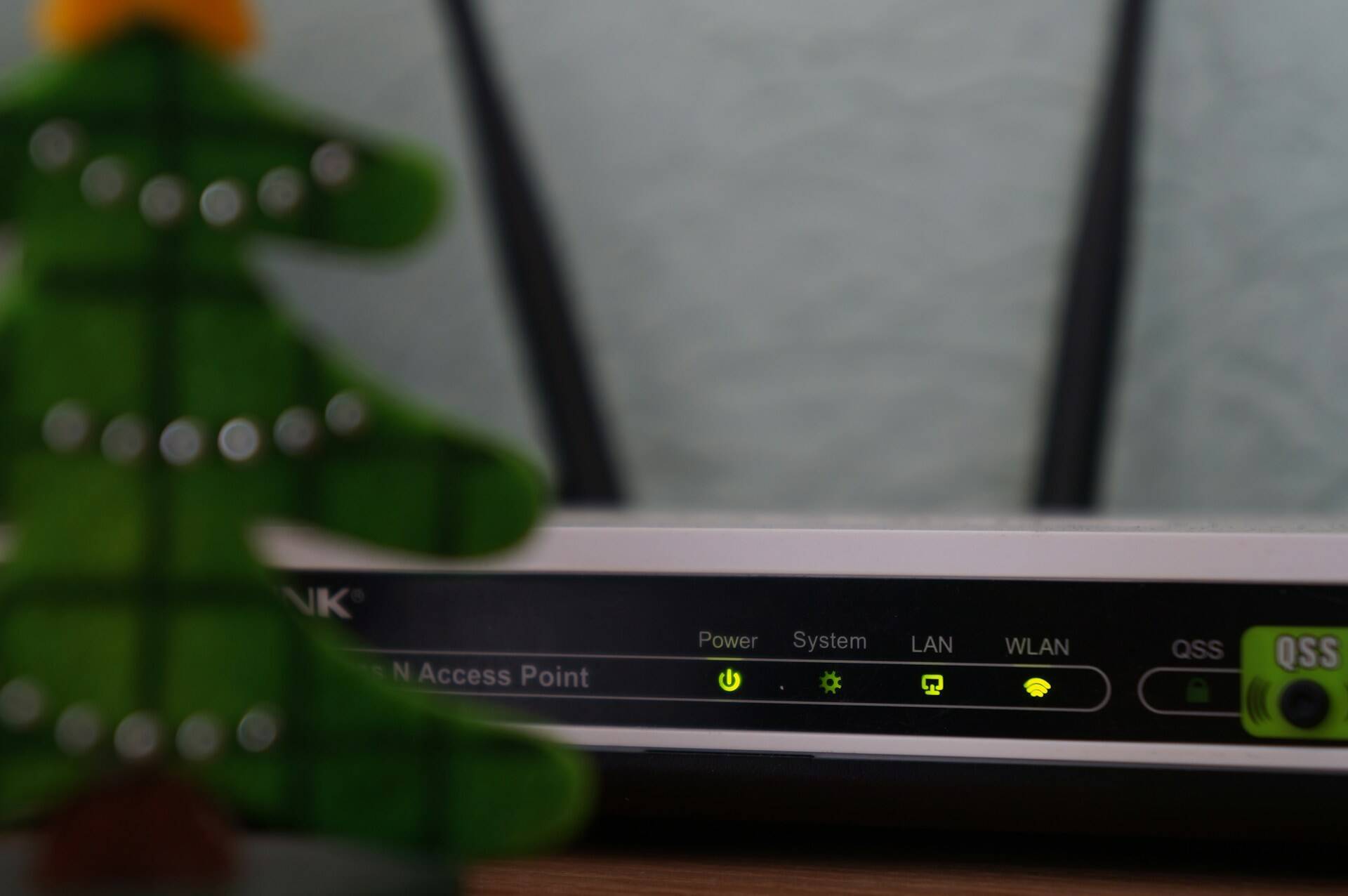Guaranteeing data privacy and security as a business
Guaranteeing data privacy
Data privacy: defining data privacy
Data privacy, also known as data confidentiality, consists in protecting sensitive information against any unauthorised access in order to make sure that only people with the right clearance can access it. This data may include client information, financial data, and trade secrets. For B2B businesses, any breach in confidentiality can lead to disastrous consequences, ranging from losing your partners’ trust to the application of severe regulatory penalties.
When talking about data privacy, the GDPR (General Data Protection Regulation) is one of the key frameworks that most people are familiar with. This European regulation creates a need for standardisation and protection of data privacy in business (particularly for personal data).
Strategies for guaranteeing data privacy
To guarantee data confidentiality, businesses need to implement some key strategies. Here, the focus is on restricting access to information to only the people who really need it.
First things first: to guarantee data confidentiality, you need to implement strict privacy policies.
This includes reinforced access control which clearly defines who can access what information, and how. Dynamic authorisation management is also essential, with regular updates to adapt to employees’ role changes and responsibilities. This involves the important step of selecting the people authorised to access this information, as well as immediately and systematically withdrawing those access rights for anyone who loses those privileges (a common example is the case of an authorised person leaving the company).
Then, there’s data encryption, which is a must-have both for during transfers and in storage. By encrypting information, companies ensure that even if their data is intercepted, no unauthorised third parties will be able to read or use the data.
Plus, putting these identity and access management (IAM) solutions in place, you level up your control over access to sensitive information.
Lastly, applying the retention periods agreed upon and fixed in the processing records is a mandatory factor in ensuring regulatory compliance.
Regulations and privacy protection
Regulations play a crucial role in protecting data privacy. Legislations like the General Data Protection Regulation (GDPR) in Europe and the California Consumer Privacy Act (CCPA) in the United States set out strict standards for the ways in which data is managed and protected. Compliance with these regulations is not only mandatory but also beneficial for companies, as it bolsters the trust between them and their clients and partners. Under these legal frameworks, businesses need to carry out regular audits to make sure that they’re meeting the necessary requirements and would pass any impromptu regulatory inspections.
Through these strategies and by adhering to regulations, companies can create a secure environment where data privacy is guaranteed, fostering a sense of trust and boosting their growth in digital landscape that is constantly changing.

Guaranteeing data security
Data security: a definition
Although they may sound similar, data security and data privacy are two distinct concepts, given that data security is slightly broader, aiming to protect information against any type of threat (and not just unauthorised access), alteration or destruction.
Common threats include cyberattacks, malware, and also human error. In order to ensure data security, you need to set up measures that will prevent, detect and respond to these threats, so as to maintain the integrity and availability of your business’ critical information and maintain its integrity.
Adopting a security-focused approach goes hand-in-hand with an approach oriented towards confidentiality, which is why many business often confuse the two concepts.
Top technologies and good practices for data security
To guarantee data security, companies need to adopt a multi-layer approach.
This starts with using tried-and-tested technology, such as firewalls, intrusion detection and prevention systems (IDS/IDP), and anti-virus software. These tools allow for a protective barrier to be established, blocking out any external threats.
Artificial intelligence (AI) and machine learning also play a key role in modern data security.
These technologies mean that you can detect abnormal behaviours and potential threats in real time, well in advance of them getting to the stage of causing any damage. For example, AI algorithms can identify unusual traffic patterns or suspicious access attempts, allowing for a quick, targeted response.
It’s also essential that networks and cloud infrastructures are also secured.
Companies need to make sure that their networks are segmented and that their sensitive data is isolated. Cloud security solutions, such as data encryption and strict access control policies, are must-haves for protection any information stored off-site.
Handling security incidents
Despite all your preventative measures, security incidents can still sneak through your defences.
So, it’s crucial that you have a clear response plan to launch in the event of an incident.
This plan should include procedures for identifying, containing, eliminating and recovering from security incidents. Regular data back-ups play a vital role in quick recovery from incidents. Plus, a post-incident analysis is a necessary step to allow you to understand the causes and then reinforce your security measures accordingly.
By incorporating these technologies and practices into their protocols, companies can create a secure environment that can withstand current and future threats, whilst also ensuring the continuity and reliability of their operations.
An incident action plan should also clearly set out each person’s roles: Who should be intervening, what the initial reflexes should be following risk detection or an incident… You can look at this action plan like a fire safety plan. It’s also not a bad idea to include this type of plan in routine training exercises, particularly for business who store a lot of data.

III. Incorporating privacy and security into your business culture
Training and awareness-raising for employees
One of the cornerstones for guaranteeing data privacy and security is training and awareness-raising for employees.
Companies should be setting up continuous training programmes which cover best practices in the fields of data security and privacy. Employees should be trained to spot common threats, such as phishing, and know how to react if they suspect that data has been compromised.
Regular awareness-raising through workshops, seminars and internal communication campaigns is crucial maintaining a high level of vigilance.
Data governance and liability
Setting up robust data governance is essential to guaranteeing data privacy and security. This includes appointing a Data Protection Officer (DPO), who is in charge of supervising data management policies and ensuring compliance with the applicable regulations. Well-defined governance also requires shared responsibility across all levels of the business.
Each employee, whether they’re a director or operational staff, should understand their role and responsibilities when it comes to data protection.
Always evaluating, always improving
In order for security and confidentiality measures to remain effective, they need to be continuously evaluated and improved. Companies should conduct regular audits to evaluate the efficacy of their data security policies and practices.
These audits allow for any vulnerabilities to be identified and for corrective measures to be swiftly implemented. Plus, companies need to keep their finger on the pulse of the latest threats and technologies relating to cybersecurity. This may include taking part in conferences, reading specialist publications, and integrating new security technologies.
Innovation should be encouraged to enhance data protection. Businesses need to be ready to adopt new solutions, such as artificial intelligence and machine learning, to anticipate and counter emerging threats. By incorporating confidentiality and data security into their business culture, organisations will not only protect their valuable assets but also bolster the trust that their clients and partners have in them, along with their long-term success in a constantly evolving digital world.
Conclusion
Digital transformation opens up doors to immense opportunity, but there are also major risks and threats that can sneak in through these doors, especially in terms of data privacy and security. To guarantee the confidentiality of information, businesses need to implement strict privacy policies and comply with the applicable regulations. In terms of data security, using technologies like artificial intelligence and intrusion detection systems is essential to protecting a business from cyberattacks. Lastly, incorporating these practices into business culture through training employees and setting up robust governance is crucial to guaranteeing effective and continuous protection.
If you want to make sure that you’re putting only the best solutions in place to protect your data, get in touch with Apside. We work with top experts in the field and our experience allows us to cater to all needs and requirements.










